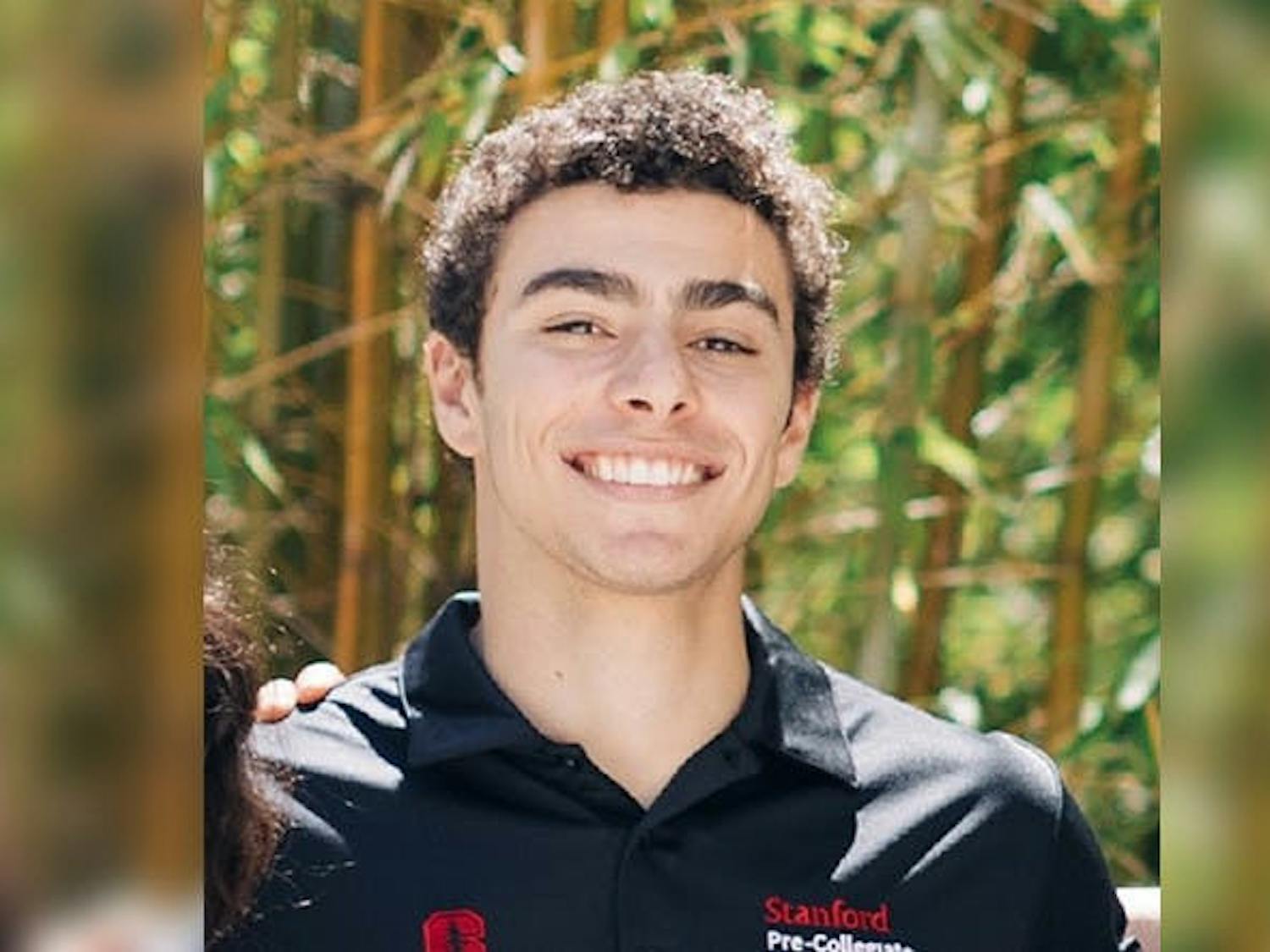For doctoral student Thai-Huy Nguyen, taking classes outside of his home school -- Penn's Graduate School of Education -- has never been a problem.
But for some graduate students, it is, according to Graduate and Professional Student Assembly leaders.
Nguyen is part of an interdisciplinary program in the Education School that has allowed him to take classes in the Law School and the School of Arts and Sciences as he pursues a degree in intercultural communication.
"My department makes it easy for me to take classes ... because we are given four electives" that can be fulfilled in other schools, Nguyen said.
But graduate-student leaders want to make sure everyone has that opportunity, and administrators from the Provost's Office are willing to listen.
Many graduate students come across barriers to pursuing interdisciplinary studies, according to Lela Jacobsohn, GAPSA's chairwoman.
Jacobsohn said that over the past year, many students have brought up this issue at GAPSA meetings. Students are often not aware of interdisciplinary options or are daunted by the paperwork needed to take advantage of them, Jacobsohn said.
In an effort to give students more flexibility in taking classes outside of their school, GAPSA leaders met with the Council of Graduate Deans -- an assembly convened by the provost and deputy provost made up of the deans from each of the 12 graduate schools -- at the end of last month.
At the meeting, Jacobsohn related several anecdotes from students who didn't have flexibility in their course selections. She said she was trying to highlight students' difficulties in the hope that individual schools might ease the administrative process.
She told the story of a Cell and Molecular Biology doctoral student who had trouble registering for an immunology class in the School of Medicine and was also not allowed to take other classes outside of his home school.
Jacobsohn said that though there has to be "a mastery of the discipline a graduate or Ph.D. student is pursuing, students should be able to take some classes outside their schools" which are still relevant to their studies.
She added that in many cases poor communication regarding interdisciplinary opportunities keeps graduate students from taking courses outside of their schools.
"Each school really needs to make their policies accessible and comprehensible to their students. ... They need to make the process and criteria more clear," Jacobsohn said.
In response, the Provost's Office launched a Web site yesterday to make graduate students aware of administrative procedures on interdisciplinary studies, according to Deputy Provost Janice Bellace.
She added that while GAPSA made a compelling case to the Council of Graduate Deans, she had hoped to see more research on precise mechanisms for integrating interdisciplinary work into each school's program.
But more interdisciplinary studies at the graduate level, Bellace said, may meet with some obstacles.
She said that some faculty may be opposed to inter-school coursework because of an educational philosophy that graduate students should spend their time increasing the depth of their knowledge in their chosen fields.
Graduate Dean of the School of Arts and Sciences Jack Nagel added that some graduate student financial aid packages may require students to remain in their disciplines.
A subcommittee of the Council of Graduate Deans, headed by Nagel and Stanton Wortham, associate dean of the Education School, is studying the issues associated with interdisciplinary education. It is slated to present proposals by the end of the semester.








